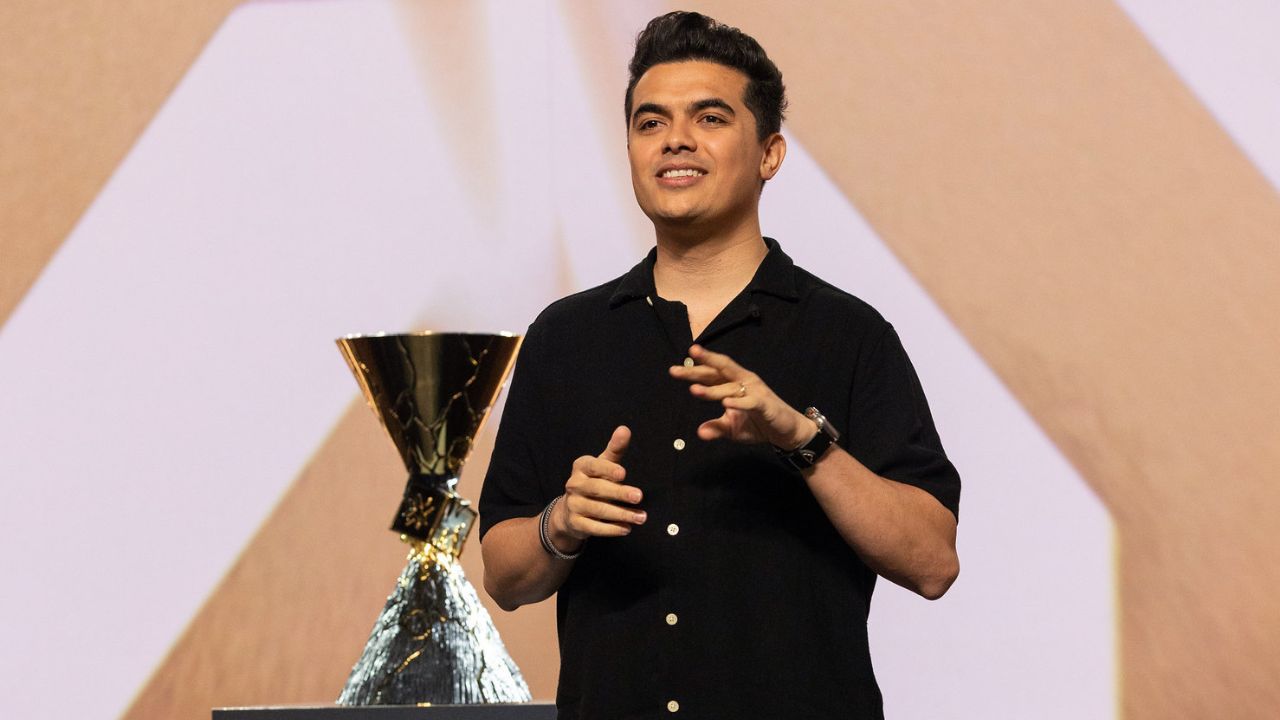Leo Faria Reflects on VCT Format: "If I could do it again, would be more open"
Leo Faria, Global Head of Valorant Esports and a leading figure in shaping the Valorant Champions Tour (VCT) franchise system, has started to question whether this structure is truly benefiting the broader Valorant ecosystem. In a recent reflection at Tarik's livestream, Faria admitted that a more open system might have been a better choice for fostering competition and growth.
 Leo Faria (credits: Rio Games)
Leo Faria (credits: Rio Games)The Closed VCT Circuit
Currently, the VCT operates with a closed circuit, where partnered teams are guaranteed spots in major international events like Masters and Champions. This model prioritizes these teams, providing them consistent exposure and competitive opportunities. However, it also creates significant barriers for non-partnered teams, making it difficult for them to break into the top level of competition, even with regional success.
The closed nature of the VCT has raised concerns, particularly around how it limits opportunities for emerging teams. Non-partnered organizations must navigate difficult paths through regional leagues and qualifiers, with slim chances of reaching international events. This predictability not only affects the excitement of the tournaments but also stifles the visibility of fresh talent, who often lack the platform to showcase their skills on a global stage.
The benefits of a Semi-Open Circuit
Leo Faria's reflection suggests that a more open system could resolve some of these issues by allowing non-partnered teams a clearer path to international events. This approach, often referred to as a “semi-open” circuit, would enable greater fluidity within the competition, where teams could earn their way to the top based on performance rather than their organizational backing.
Faria’s shift in thinking also points to the importance of regional representation. Under the current model, some regions struggle to send teams to international events, limiting their exposure and development. A semi-open format would likely increase opportunities for teams from underrepresented areas, helping to grow the competitive scene globally.
 Acend, the first Valorant World Champion and a non-franchised organization, decided to end their team after lack of sustainability in Tier 2 (credits: Acend)
Acend, the first Valorant World Champion and a non-franchised organization, decided to end their team after lack of sustainability in Tier 2 (credits: Acend)A change within sight?
While Leo Faria comments don’t suggest immediate changes to the VCT, they open the door to a broader discussion about the future of the circuit. His recognition that the closed system might not be ideal reflects a willingness to adapt, and it may push Riot Games to reconsider how to best support both partnered and non-partnered teams in the future.
As Valorant continues to grow, the competitive ecosystem will likely need to evolve alongside it. Faria’s vision of a more inclusive system could provide the blueprint for a circuit that fosters both stability for top organizations and opportunity for rising talent.
Feature image credits: Riot Games
Read also:
Riot Games removes BLEED Esports from VCT Pacific
T1 VALORANT announces Meteor for VCT 2025
Overwatch Mobile Reportedly Under Development
